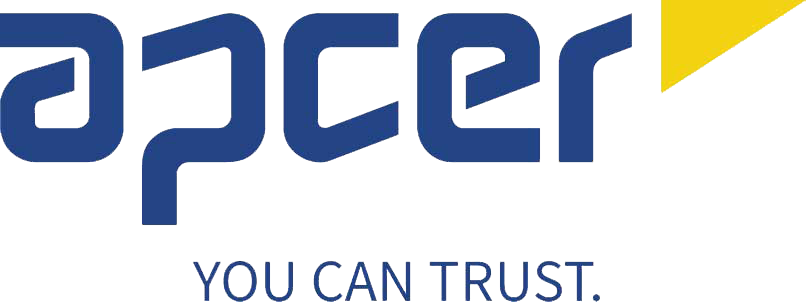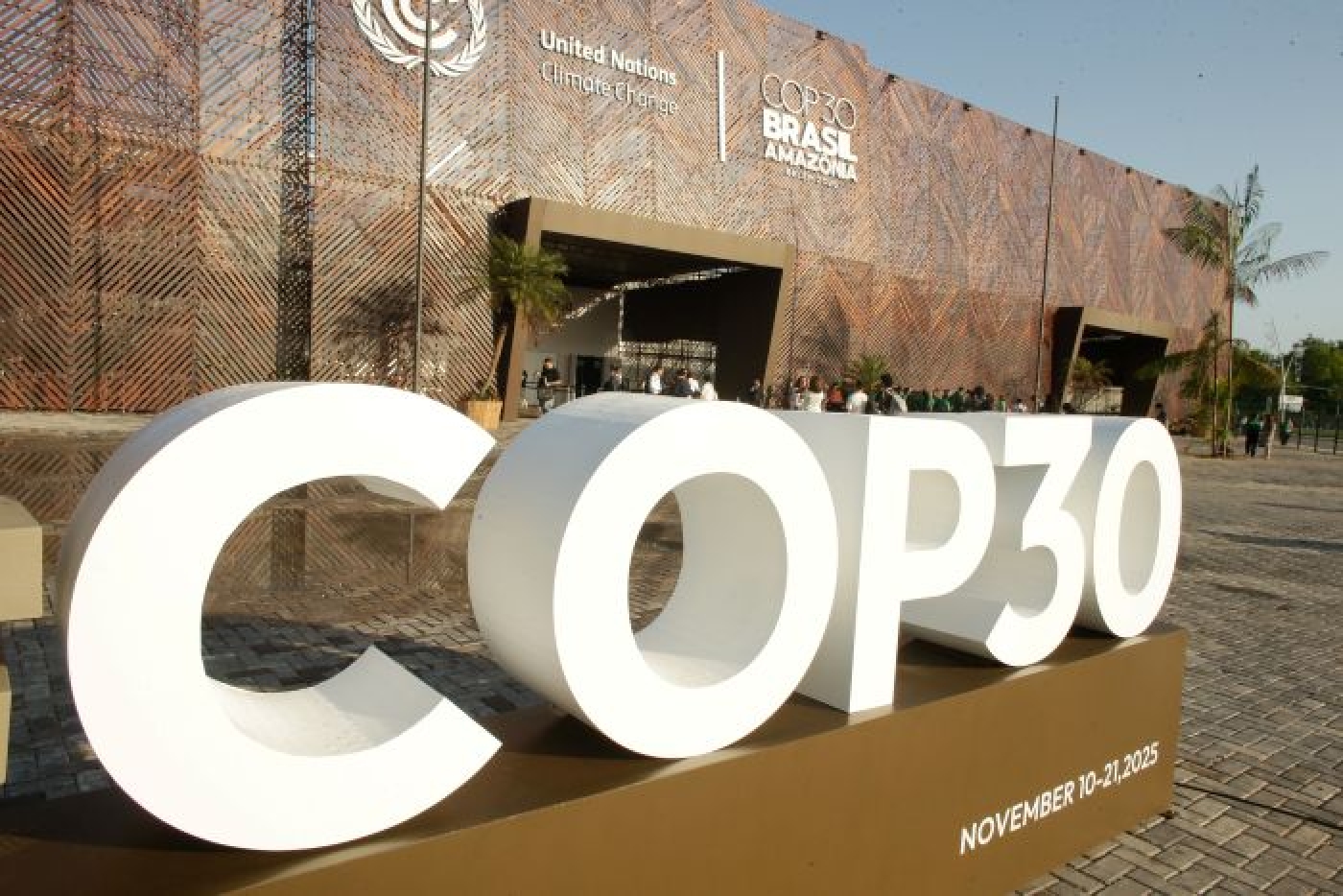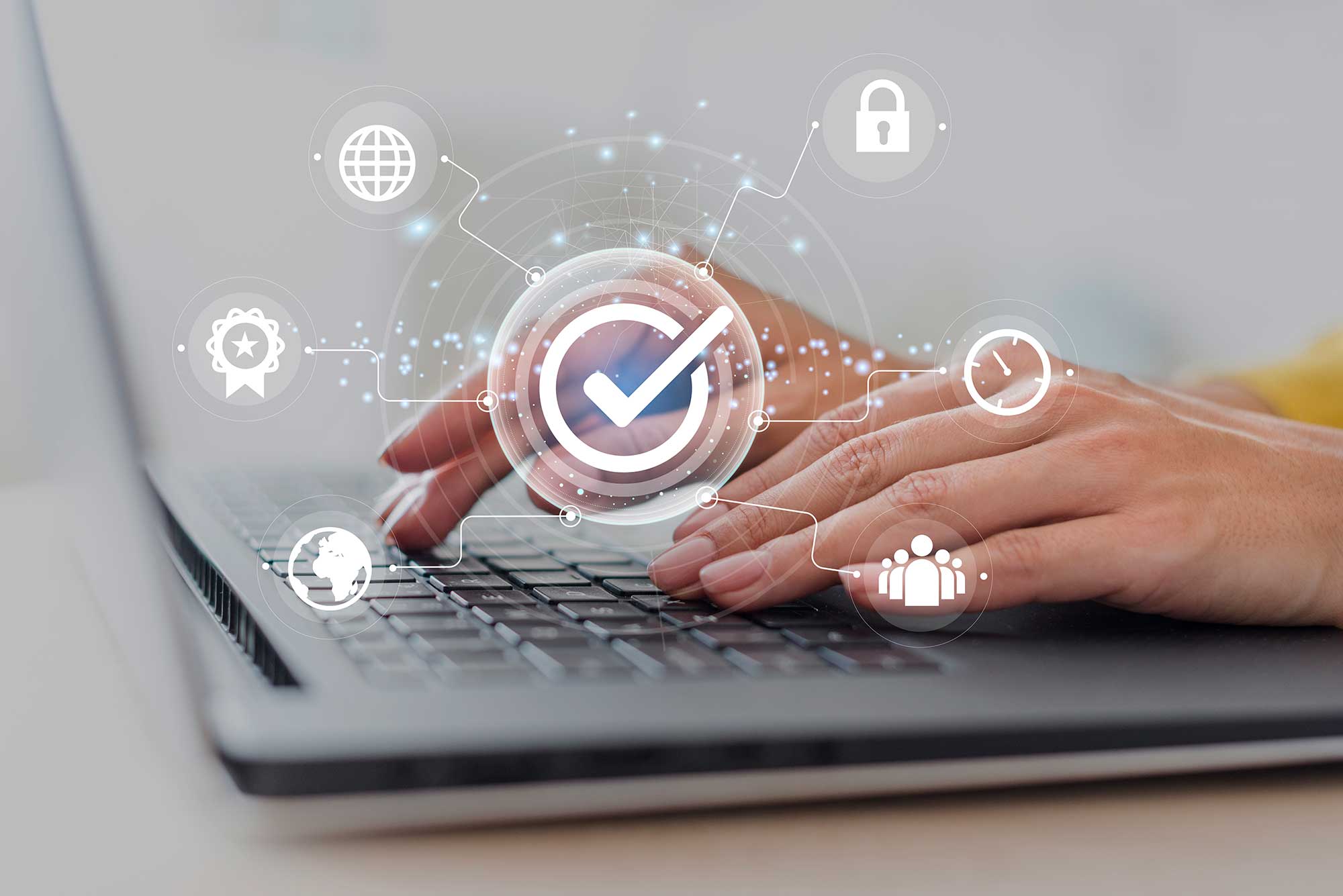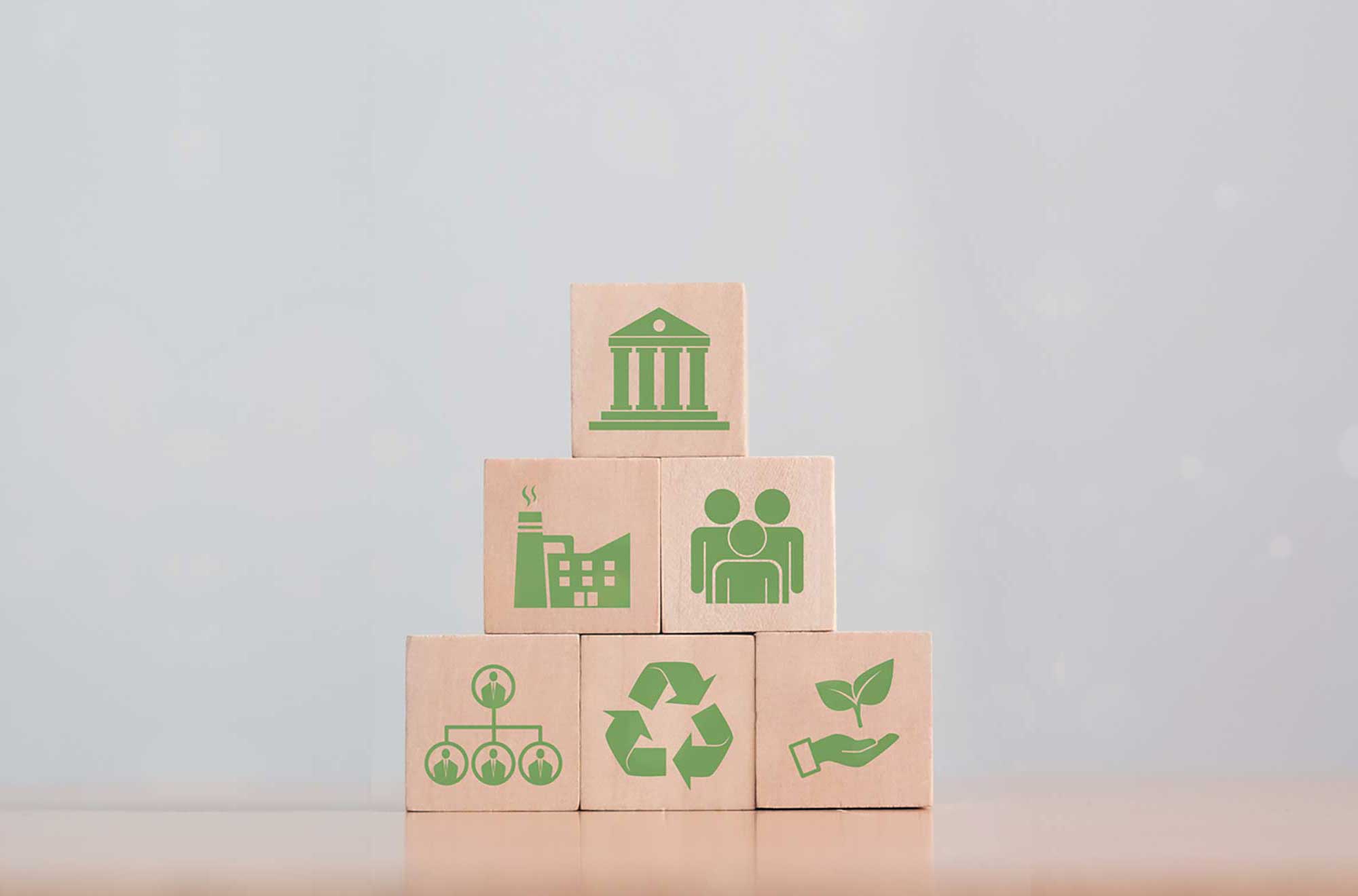In an increasingly competitive business environment, asset management - whether physical, intangible, financial, or human - has become an essential component for sustainability and competitiveness in modern organizations. Directing asset management and optimization to support business goals enables organizations to maximize return on investment, ensure operational continuity, and foster responsible practices. Effective asset management helps organizations minimize risks, control costs, and improve the quality and reliability of their products and services.
Indeed, the value of a structured approach to asset management goes beyond simple preservation or maintenance; an effective strategy provides a holistic view that promotes informed decision-making, increases asset longevity, and encourages innovation practices that respond to sustainability trends and digital transformation. In this context, the ISO 55001 standard - Asset Management System - serves as a solid tool to guide organizations in managing the asset lifecycle, moving beyond the traditional focus on maintenance toward a strategic role that promotes organizational innovation and transformation.
Implementing ISO 55001 leads to significant organizational transformation, reshaping the understanding and execution of asset management. This standard promotes a culture of continuous improvement, fostering innovation and adaptability. By requiring deep integration of new technologies and holistic asset management, ISO 55001 allows organizations to adopt a more innovative and efficient approach to resource management.
Innovation naturally arises with the standard’s implementation guidelines, as it requires structuring and monitoring data-driven processes. The proposed technological integration creates an environment where decisions are based on concrete data and informed projections, paving the way for constant improvements and market advancements.
The second edition of the standard, published this year, updated certain requirements to align with the current challenges and demands of organizations. ISO 55001:2024 promotes asset management aligned with sustainability, fostering innovative and resilient practices that enable organizations to anticipate future challenges.
The standard also underscores the importance of digitalization in organizations for collecting and processing data and information, aiming to determine the necessary insights to support asset management.
The new standard guides organizations toward adopting a broader and more sustainable lifecycle approach to their assets, considering factors such as long-term environmental impact and preparedness for planned obsolescence. This long-term thinking strengthens organizations' strategies, enabling them to plan investments that are more conscious and aligned with sustainability goals. The standard effectively reinforces the importance of a strategic structure in decision-making, allowing companies to maximize the value of their assets throughout their entire lifecycle.
With an expanded focus on risk management, ISO 55001 is geared toward building organizational resilience, requiring companies to anticipate failure scenarios and plan effective responses. This resilience perspective is essential to ensure that operations remain stable even in adverse contexts. Digitalization and the use of predictive data allow for greater precision in asset management and operational continuity.
Organizations that opt for ISO 55001:2024 certification benefit from more effective asset management, supported by a structure that facilitates adaptation to a constantly changing business environment. This certification promotes more sustainable, efficient, and innovative operations by reducing costs, improving compliance and social responsibility, increasing resilience, and reducing risks, while strengthening market credibility and providing a competitive edge.
In a business context where digital transformation and innovation are essential for competitiveness, ISO 55001 offers a clear path for organizations to maximize asset value, reduce risks, and adapt to future challenges. Organizations that have adopted this standard are already reaping the benefits of a more agile, sustainable, and 21st-century-ready approach.
Ángel Abajo
Business Developer, APCER















